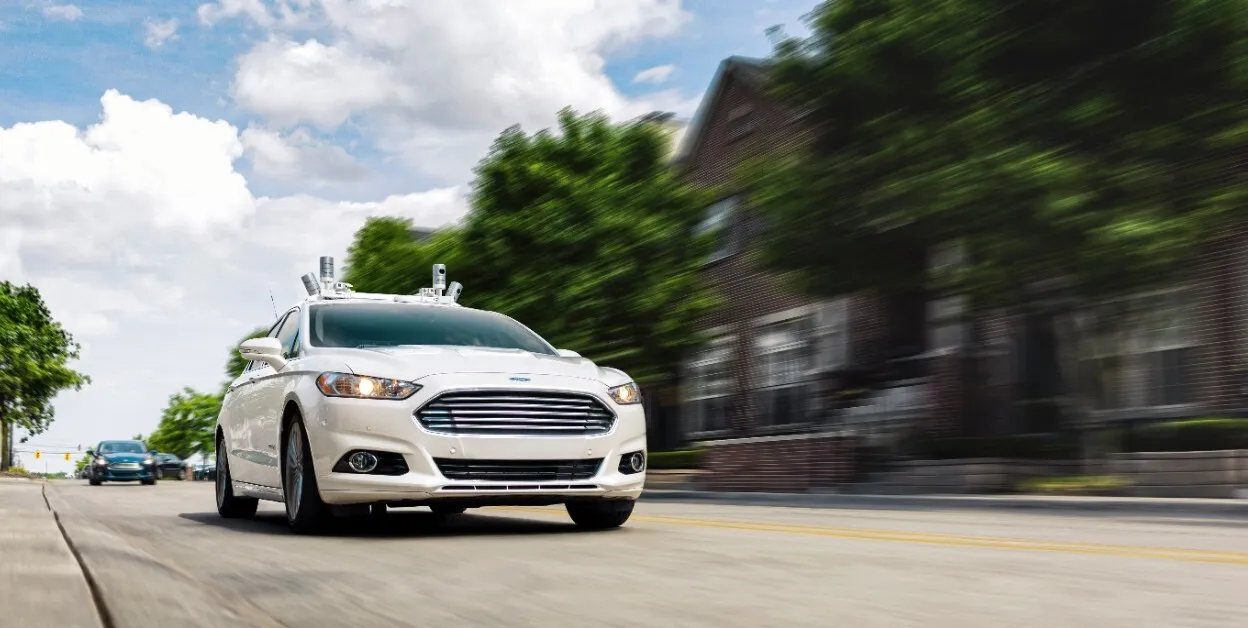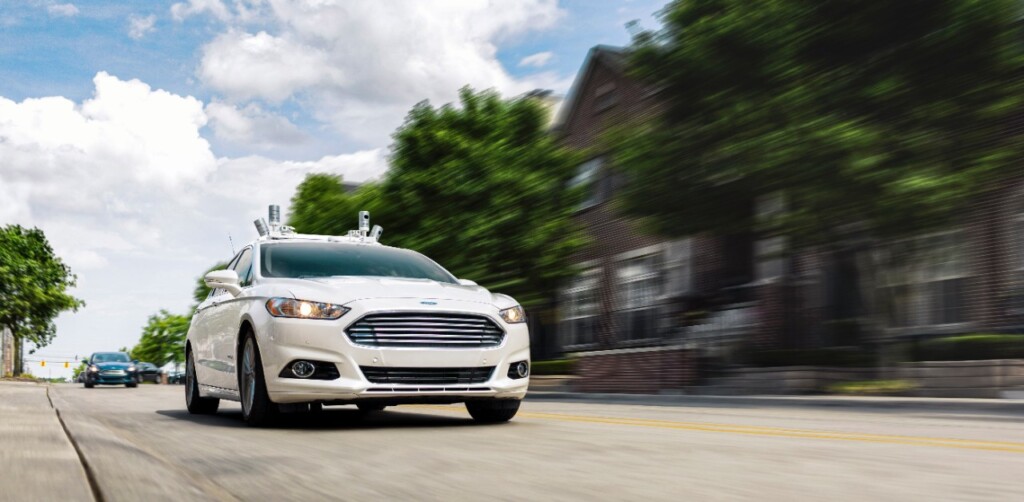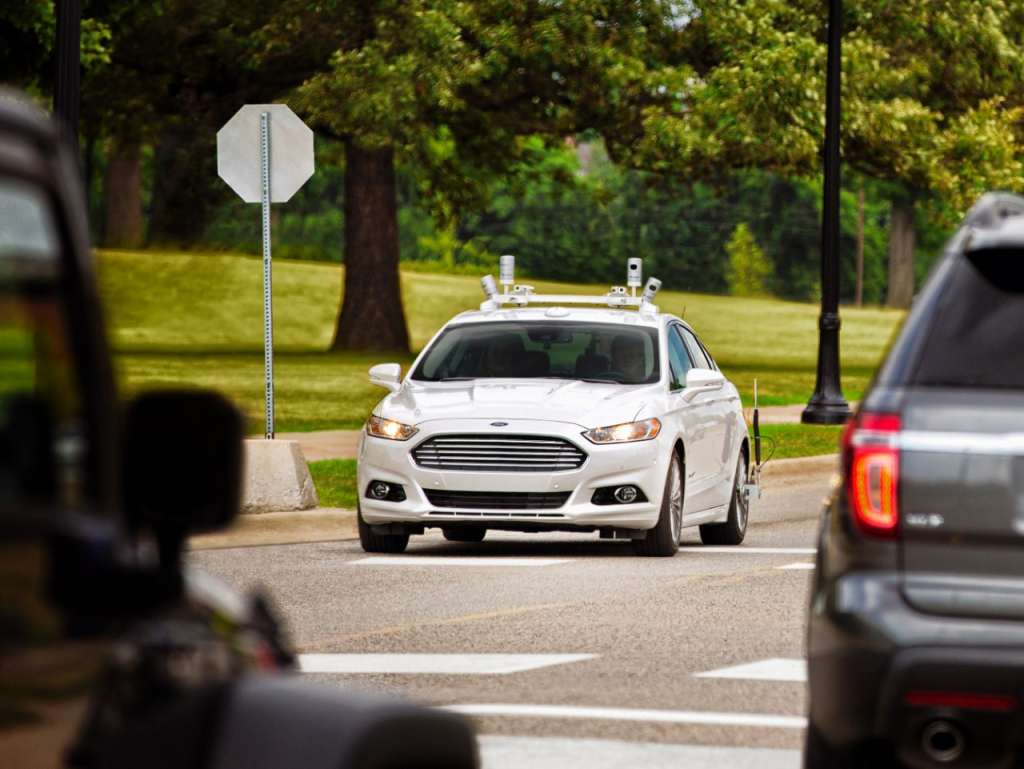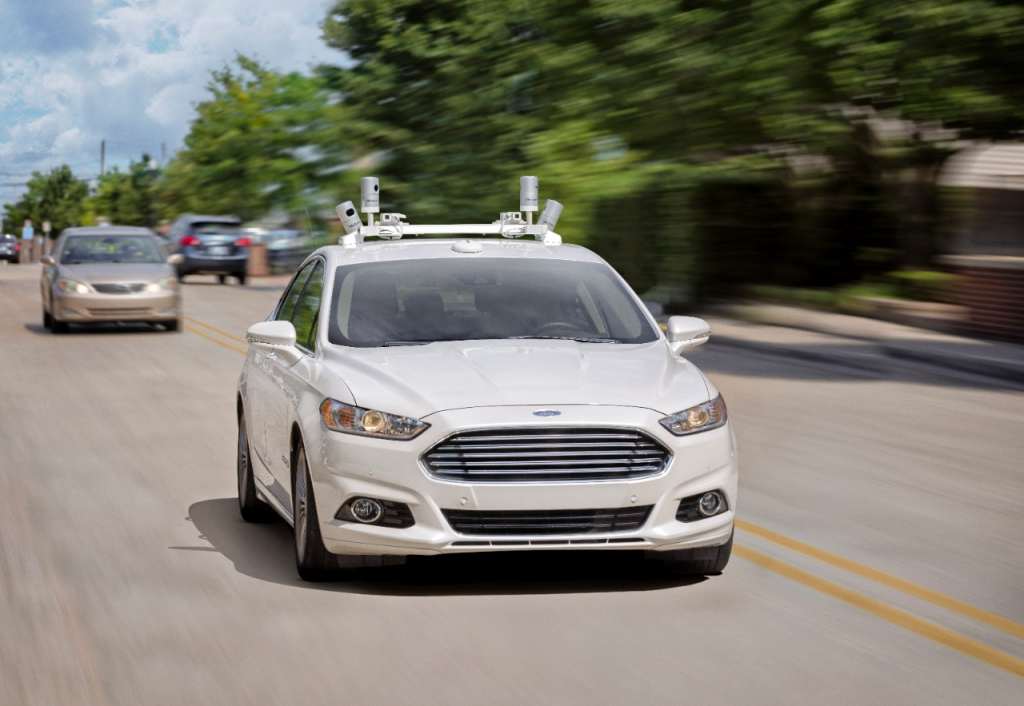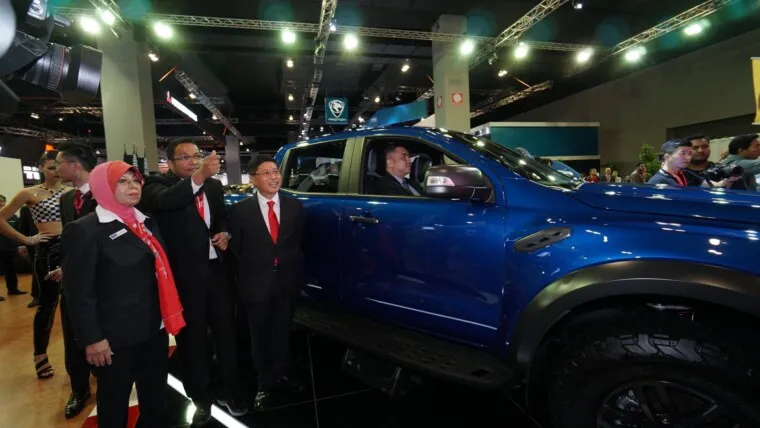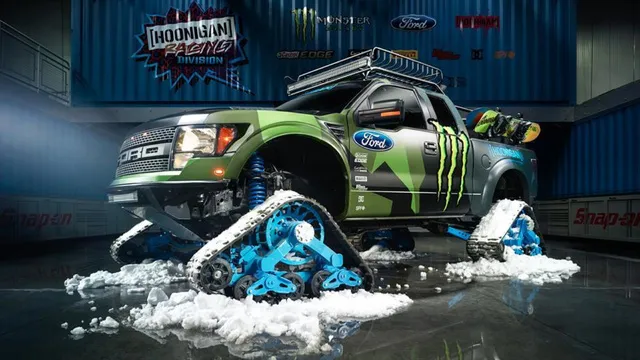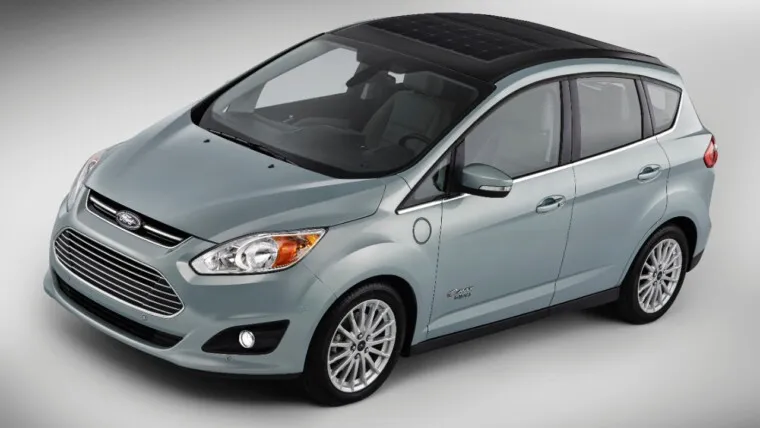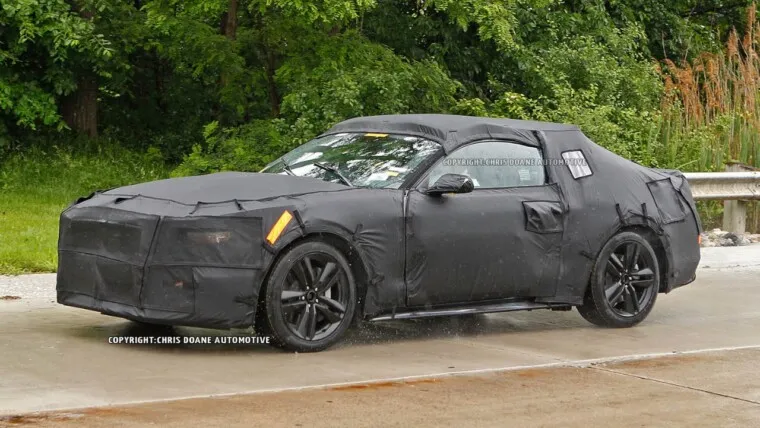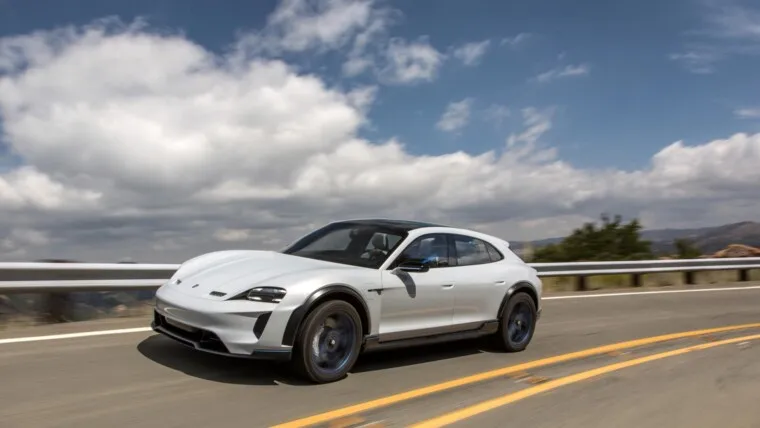Ford has announces its intention to have a high-volume, fully autonomous vehicle in commercial operation by 2021 in a ride-hailing or ride-sharing service.
Ford’s first fully autonomous vehicle will be a Society of Automotive Engineers-rated level 4-capable vehicle without a steering wheel or petrol and brake pedals. It is being specifically designed for commercial mobility services, such as ride sharing and ride hailing, and will be available in large numbers.
To get there, the company is investing in or collaborating with 4 startups that are expanding its strong research in advanced algorithms, 3D mapping, LiDAR, and radar and camera sensors to enhance its autonomous vehicle development.
On top of that, Ford also is expanding its Silicon Valley operations, creating a dedicated campus in Palo Alto. Adding two new buildings and 150,000 square feet of work and lab space adjacent to the current Research and Innovation Center, the expanded campus grows the company’s local footprint and supports plans to double the size of the Palo Alto team by the end of 2017.
“Our presence in Silicon Valley has been integral to accelerating our learning and deliverables driving Ford Smart Mobility,” said Ken Washington, Ford vice president, Research and Advanced Engineering. “Our goal was to become a member of the community. Today, we are actively working with more than 40 startups, and have developed a strong collaboration with many incubators, allowing us to accelerate development of technologies and services.”
Since the new Ford Research and Innovation Center Palo Alto opened in January 2015, the facility has rapidly grown to be one of the largest automotive manufacturer research centers in the region. Today, it is home to more than 130 researchers, engineers and scientists, who are increasing Ford’s collaboration with the Silicon Valley ecosystem.
Research and Innovation Center Palo Alto’s multi-disciplinary research and innovation facility is the newest of nearly a dozen of Ford’s global research, innovation, IT and engineering centers. The expanded Palo Alto campus opens in mid-2017.
“Ford has been developing and testing autonomous vehicles for more than 10 years,” said Raj Nair, Ford executive vice president, Global Product Development, and chief technical officer. “We have a strategic advantage because of our ability to combine the software and sensing technology with the sophisticated engineering necessary to manufacture high-quality vehicles. That is what it takes to make autonomous vehicles a reality for millions of people around the world.”
This year, Ford will triple its autonomous vehicle test fleet to be the largest test fleet of any automaker – bringing the number to about 30 self-driving Fusion Hybrid sedans on the roads in California, Arizona and Michigan, with plans to triple it again next year.

